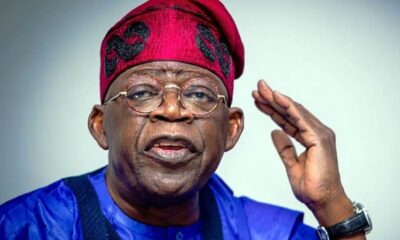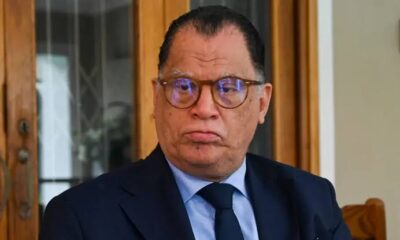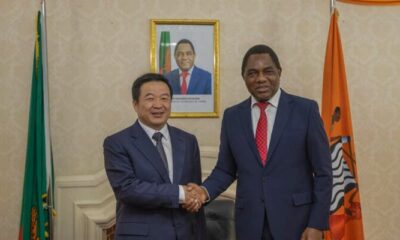To build an aircraft maintenance, repair, and overhaul facility, the Nigerian government, acting through the Ministry of Aviation and Aerospace Development, has partnered with a private company in a public-private partnership.
Details of the agreement were given by a Ministry of Aviation representative, who spoke on condition of anonymity because they were not authorised to discuss the subject. The representative explained that the new facility would function as an Approved Maintenance Organisation under the Nigerian Civil Aviation Authority’s regulations.
The representative said, “AMO approved by the NCAA is meant to perform specific aircraft maintenance activities, which activities may include the inspection, overhaul, maintenance, repair, and/or alteration and release to service of aircraft or aeronautical products.”
Nigeria, which is the most populous country in Africa, is a major destination for more than 22 international airlines. Over 78 nations now have bilateral air services agreements with Nigeria.
According to the ministry source, this facility is the first of its kind in Nigeria and is intended to address the increasing maintenance requirements of domestic aircraft, which currently frequently necessitate costly and time-consuming journeys to foreign maintenance facilities.
The actual “date of commercial operations will be the date on which the NCAA grants the concessionaire approvals and licenses as required by the concessionaire in the agreement,” the ministry continued, adding that the exact start date for construction and ultimate operations is still unclear.
The source added that “all necessary activities are underway to make the contract effective.”
The official responded, “I don’t have those timelines,” when questioned about them. Before we discuss the actual building and management of the facilities, we are working quickly to complete a few tasks that will make the contract effective.
Festus Keyamo, the country’s minister of aviation and aerospace development, announced in August that he had finalised plans to start the bidding process for the construction of maintenance, repair, and overhaul facilities.
The minister stated that the action was a component of the government’s endeavour to improve the nation’s aviation infrastructure and lessen dependency on foreign MRO services. Due to the project’s high capital requirements, he also declared his intention to pursue a significant project using a Public-Private Partnership approach.
Nigeria’s economy and transportation sector both heavily rely on civil aviation. Nigeria boasts 23 operating domestic airlines, 20 airports, several regulated airstrips and heliports, 554 certified pilots, 913 qualified engineers, and 1700 cabin crew members.

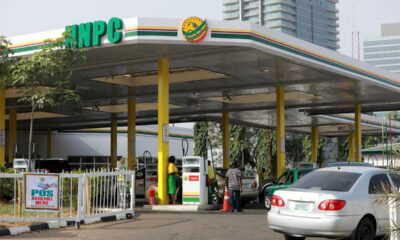
 VenturesNow2 days ago
VenturesNow2 days ago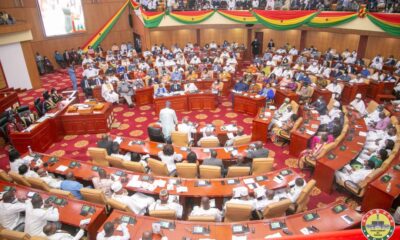
 Politics2 days ago
Politics2 days ago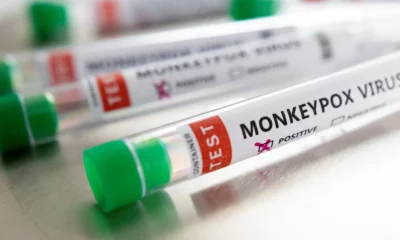
 Metro2 days ago
Metro2 days ago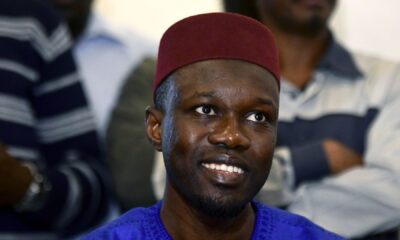
 Politics2 days ago
Politics2 days ago





